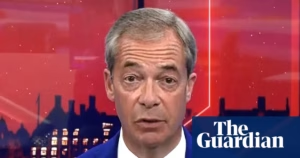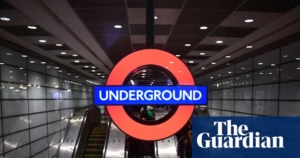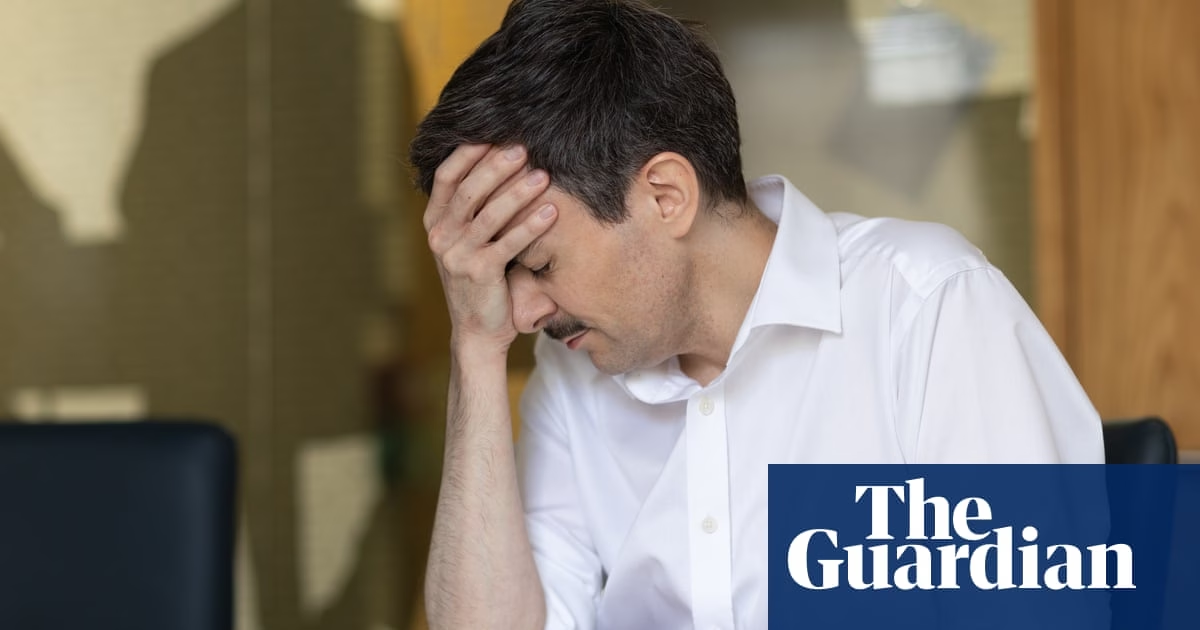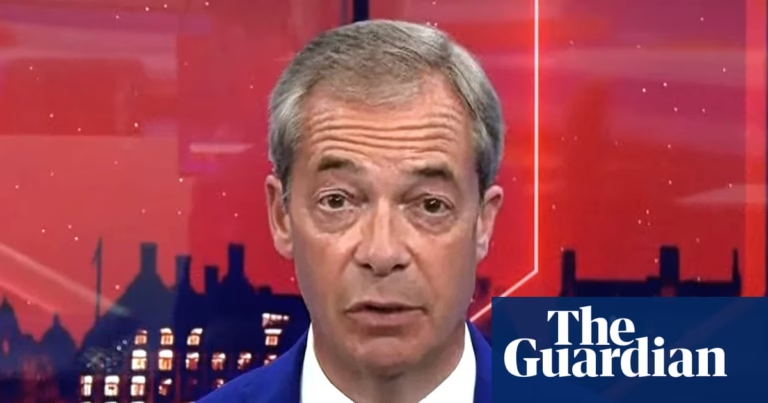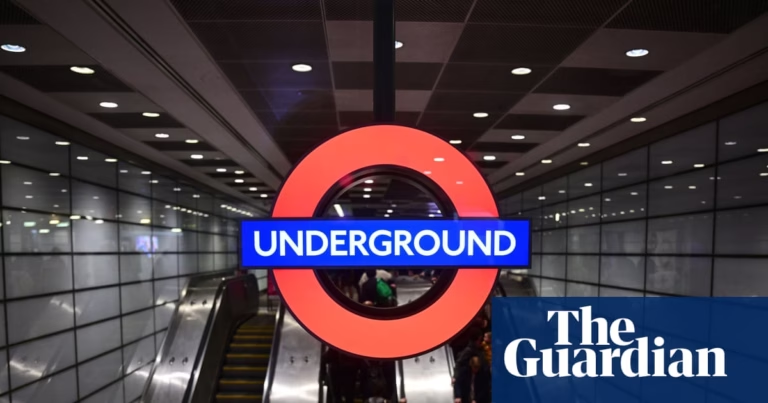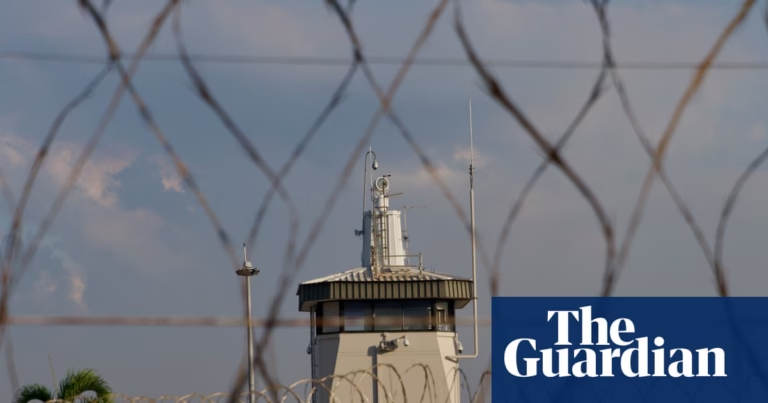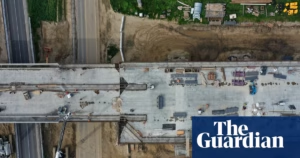When the Labour party came to power, they made a agreement with resident doctors, who were previously known as junior doctors, to give them a 22% rise over two years in order to end their strikes. After that, they focused their attention on the NHS and unveiled an ambitious 10-year plan to reform the system. However, doctors have now returned to the voting booths.
Denis Campbell, the health policy editor of The Guardian, spoke to Helen Pidd about the British Medical Association (BMA), which represents doctors, stating that the value of their salaries has decreased by 29% since 2008 due to inflation and low pay raises. They wish to have this restored, but with public finances more strained than ever, Wes Streeting is unlikely to give in.
Denis explains why the BMA considers this pay rise to be “non-negotiable” and why it seems as if resident doctors are losing public support, as well as the support of their senior colleagues. What implications could this clash have for the Labour party, the trust in doctors, and patients?
Source: https://www.theguardian.com/news/audio/2025/jul/17/why-nhs-doctors-are-striking-again-podcast
